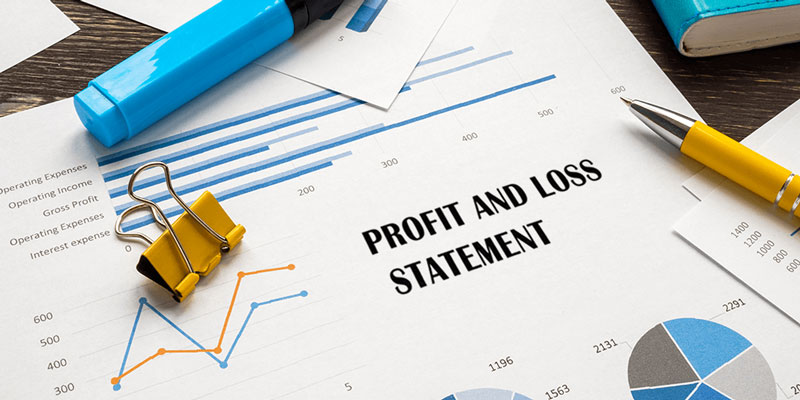To rephrase, putting aside a small sum of money now can provide significant savings or improved liquidity in the future. Refinancing might be done for good or bad reasons. A few of the strongest justifications for mortgage refinancing are listed below.
You can save a tonne of money on interest throughout the life of your mortgage by shortening the term from 30 years to 15 years by refinancing. You can refinance your adjustable-rate mortgage into a fixed-rate mortgage if you prefer. Those with an adjustable-rate mortgage can benefit from switching to a fixed-rate mortgage.
If your home's value has grown and you now have 20% equity, you may be able to remove your private mortgage insurance (PMI) by refinancing your mortgage.
You can use the money you get from a cash-out refinance for anything you want, from paying off high-interest credit card debt to fixing up your house. Make sure your spending goals are acceptable, and you have a clear plan for where these funds are going. I'm curious as to how you plan to use the money. What do you have in mind for those funds; an investment like further education or a luxury like a trip? Do you plan to take on further debt once you've paid off your current, higher-interest loans?
How much would it cost to refinance?

The closing costs of a mortgage refinance might vary from zero dollars to six thousand or more, depending on the loan amount and the borrower's location. The average cost of a refinance in 2021 was $2,375, according to data collected by ClosingCorp (not including taxes)
Costs of Making a Recording A common range for closing costs is 2% - 5% of the loan amount. For a $200,000 mortgage refinance, closing costs could be between $4,000 and $10,000
The origination and underwriting fees for a loan could be anything from 0.5% to 1.5% of the total loan amount.
The cost varies from one area to another. Appraisal fees range from $300 to $400. (more for a larger property) A credit check costs $25 or more. Insights on How to Lower Your Refinancing Costs Raise your FICO score. It's important to compare mortgage rates and terms. Discuss and negotiate a lower total price for the deal. Make a formal request for your costs to be decreased or eliminated.
Improving one's credit score

You'll need a credit score within the same range you did when you first applied for a mortgage to be eligible for a refinance. Your credit score will determine whether or not you qualify for a low-interest rate when you refinance your mortgage.
To secure the best possible terms on a refinance, you should work on improving your credit score first. Free credit reports can be checked annually at AnnualCreditReport.com if you want to monitor them and correct any inaccuracies you find. When you check your credit report and discover an inaccuracy, you have the right to request that the information be corrected (Equifax, Experian, or TransUnion). Always pay your bills on time, never charge more than you can afford to pay in full, and never pay only the minimum on your credit cards if you want to keep your credit score in good standing.
Compare mortgage rates
Compare the prices and terms given by various financial institutions for refinancing. As an alternative, you can talk to a mortgage broker who will be able to assist you in evaluating your options. First, you might want to ask your present bank about this. You can qualify for a discount if you buy from them frequently. You can even find no-cost refinancing solutions with some banks. You might want to search elsewhere if you need a bank, and they don't provide any fee-cutting services.
Prices and charges are the first things that come to mind, but they shouldn't be the only ones. Compare the various deals' interest rates, payment terms, and monthly payment amounts (either at the beginning or end of the month). Mortgage interest is usually calculated at the end of each month, but it never hurts to check. One must consider the APR to have a whole financial picture.
Closing Costs Are Subject to Discussion
Like a first mortgage, you should look at the loan estimate provided by the lender to learn the specifics of the costs you'll be expected to pay. Closing costs can be reduced through refinancing negotiations if you come prepared with various offers.
If the lender's application fee, underwriting fee, and rate lock fee seem high, it's worth asking for a reduction. Remember that the lender wants your business, so showing that you're willing to walk away from the current terms may prompt the lender to bargain.



